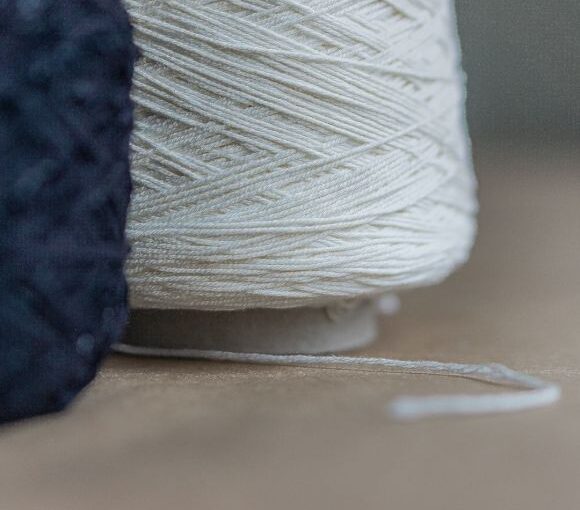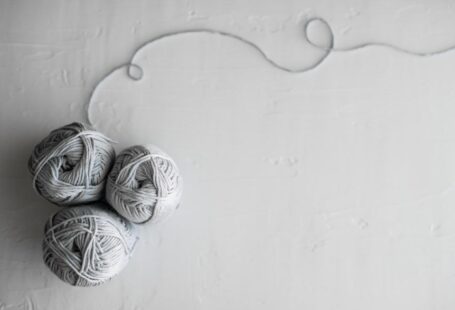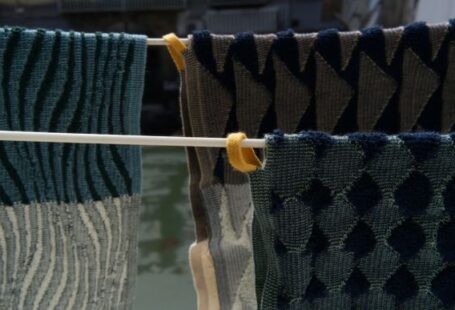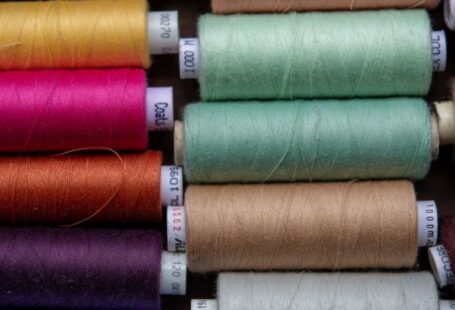When it comes to choosing yarn for your knitting or crocheting projects, the options can seem endless. Among the many choices available, cotton and bamboo yarn are two popular natural plant-based fibers known for their softness and sustainability. In this article, we will compare these two fibers in terms of their characteristics, benefits, and potential uses.
Characteristics of Cotton Yarn
Cotton yarn, derived from the cotton plant, has been a favorite among knitters and crocheters for centuries. It is known for its softness, breathability, and ability to absorb moisture. These characteristics make cotton yarn a great choice for warm weather garments and baby items.
Cotton yarn comes in a variety of weights, from thin and delicate to thick and chunky. This versatility allows crafters to create a wide range of projects, from delicate lace shawls to cozy winter sweaters. Additionally, cotton yarn is available in a vast array of colors, making it easy to find the perfect shade for any project.
Benefits of Cotton Yarn
One of the major benefits of cotton yarn is its hypoallergenic properties. It is a great option for individuals with sensitive skin or allergies, as it is less likely to cause irritation. Cotton yarn is also easy to care for, as it can be machine washed and dried without losing its shape or softness.
Another advantage of cotton yarn is its durability. Cotton fibers are known to be strong and long-lasting, making cotton yarn a reliable choice for items that will see frequent use. Additionally, cotton yarn holds its shape well, making it ideal for projects that require structure, such as bags or baskets.
Potential Uses of Cotton Yarn
Due to its softness and breathability, cotton yarn is commonly used for clothing items such as t-shirts, sweaters, and dresses. It is also a popular choice for baby blankets and accessories, as it is gentle on sensitive skin. Moreover, cotton yarn is often chosen for home decor projects like dishcloths, placemats, and potholders due to its absorbency and durability.
Characteristics of Bamboo Yarn
Bamboo yarn, as the name suggests, is made from bamboo fibers. Like cotton yarn, it is known for its softness and breathability. However, bamboo yarn has a unique silky texture that sets it apart. This luxurious feel makes it a popular choice for more delicate and luxurious projects.
Bamboo yarn is available in various weights, just like cotton yarn, allowing crafters to choose the thickness that best suits their project. It also comes in a range of natural and vibrant colors, making it versatile for a wide range of designs.
Benefits of Bamboo Yarn
One of the main advantages of bamboo yarn is its eco-friendliness. Bamboo is a highly sustainable plant, as it grows quickly and requires no pesticides or fertilizers. It also has a high yield per acre, making it an excellent renewable resource. Using bamboo yarn helps reduce the environmental impact of your crafting projects.
Additionally, bamboo yarn has excellent moisture-wicking properties, making it perfect for warm weather garments or items that come into contact with the skin. It is also naturally resistant to odor and allergens, making it a good choice for individuals with sensitivities.
Potential Uses of Bamboo Yarn
The silky texture and drape of bamboo yarn make it ideal for creating elegant and lightweight garments such as shawls, scarves, and wraps. It is also a popular choice for baby items like blankets and clothing due to its softness and hypoallergenic properties. Furthermore, bamboo yarn can be used to create luxurious home decor items like pillows, throws, and table runners.
Conclusion: Choosing the Right Fiber
When deciding between cotton and bamboo yarn, it ultimately comes down to personal preference, project requirements, and environmental considerations. Cotton yarn offers softness, breathability, and durability, making it a reliable choice for a wide range of projects. On the other hand, bamboo yarn provides a luxurious feel, eco-friendliness, and moisture-wicking properties.
Both cotton and bamboo yarn have their unique characteristics and benefits, making them excellent options for natural plant-based fibers. Consider the project at hand, the desired texture, and the environmental impact when selecting the perfect yarn for your next knitting or crocheting adventure.





